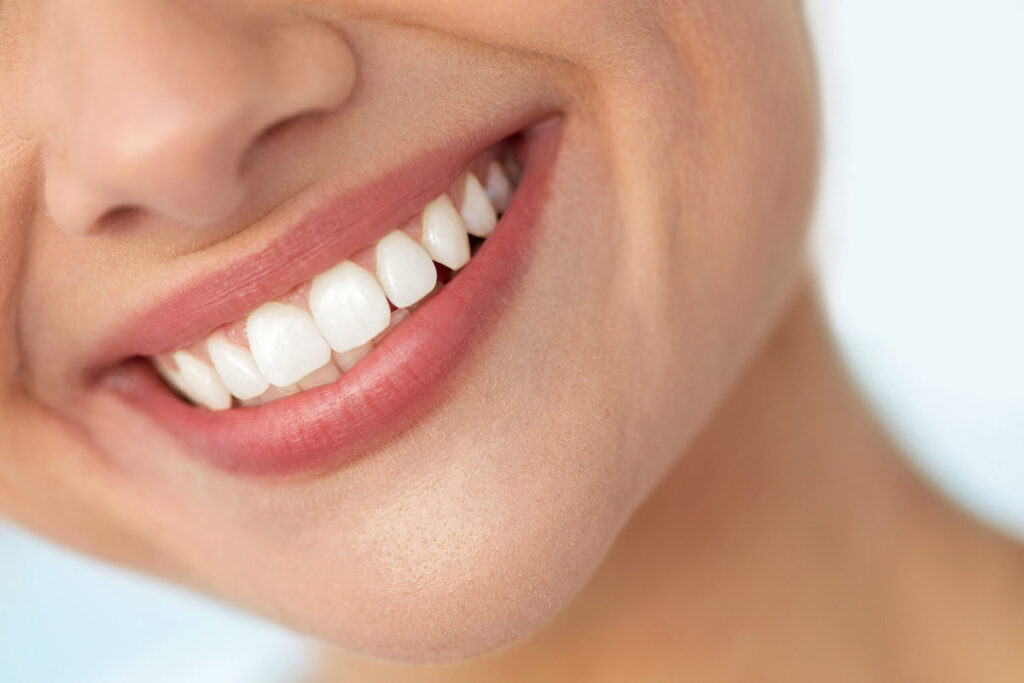Dental veneers have transformed how we approach cosmetic dentistry by providing a quick and effective option to improve the appearance of our smiles. Veneers are thin shells of porcelain or composite resin that are custom-made to fit over the front surface of your teeth, fixing imperfections and producing a beautiful smile.
However, like with any dental procedure, it’s critical to be aware of potential risks. These risks include tooth staining, chipping, or veneer damage.
The Vulnerability of Dental Veneers
While dental veneers are well-known for their durability and longevity, they are not invincible. It is critical to comprehend that veneers remain susceptible to specific risks that might compromise their aesthetic appeal and overall longevity despite their durability and strength.
Staining: A Possible Concern with Dental Veneers
One of the most common problems is staining. Dental veneers can become discolored, especially if exposed to substances such as coffee, tea, red wine, or tobacco.
Even though porcelain veneers are stain-resistant, the bonding material may get discolored, affecting the overall appearance of your veneers.
Chipping: Handle Dental Veneers with Care
Although veneers are robust, excessive trauma or excessive force can cause them to chip or crack. Biting on complex objects, opening bottles with your teeth and engaging in contact sports without a mouth guard can all cause your veneers to chip or break.
Gum Recession and Dental Veneer Margins
Additionally, gum recession can compromise the durability and appearance of veneers. If your gums recede, it may expose the edges or margins of your veneers, leaving them more susceptible to discoloration, decay or other problems.
Protecting Your Investment: Tips to Prevent Stains and Chips
Preventing stains and chips in your dental veneers requires adequate care, a healthy lifestyle, and regular dental check-ups. Here are some tips to help you maintain your gorgeous smile and extend the life of your veneers:

Maintain Excellent Oral Hygiene
Brush and floss your teeth regularly to keep plaque and stains away from your veneers and natural teeth. Use a non-abrasive toothpaste and a soft-bristle toothbrush to avoid damaging the veneer surface.
Avoid Stain-Causing Foods and Beverages
Limit your intake of staining foods and drinks such as coffee, tea, red wine, and colored sodas. If you do indulge, rinse your mouth with water afterward to reduce the possibility of stains.
Use a Mouth guard for Protection
Wearing a mouth guard while playing sports or grinding your teeth at night can help protect your veneers from damage caused by impact or excessive pressure.
Avoid Bad Habits
To avoid chipping or damaging your veneers, avoid biting your nails, chewing on ice, or using your teeth as tools.
Final Thoughts
Dental veneers are an excellent way to achieve a faultless smile, but they require regular care and attention to ensure they are beautiful and intact. You may enjoy your beautiful smile for years if you practice good oral hygiene, eat a healthy diet, and take the necessary measures.
If you have any questions regarding your veneers or want to learn how to care for them, call SkyRise Dental in Thornhill, Ontario. Your smile is an investment worth protecting!



